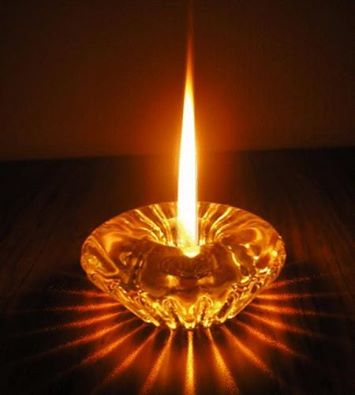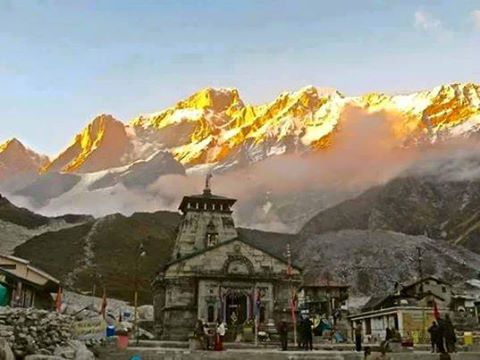Mundakopanishad : { A seeker seeing meaningless-ness of the wordly and heavenly pleasures advised to approach a teacher and seek 'Supreme Knowledge.' } Mantram-12.

Mundaka-Upanishad Chapter-1. Section-2. ( Rituals ) Mantram-12. { A seeker seeing meaningless-ness of the wordly and heavenly pleasures advised to approach a teacher and seek "Supreme Knowledge." } Mantram-12. Discussion-3. "Sruti's advice to such brahmana, ....." Such a brahmana is being advised by the Sruti here to examine ruthlessly the various fields of results that they can gain, due to the ritualistic acts of piety and ceremony. Mother Sruti, here is directing the attention of such an enquirer to consider whether he can ever gain ...























